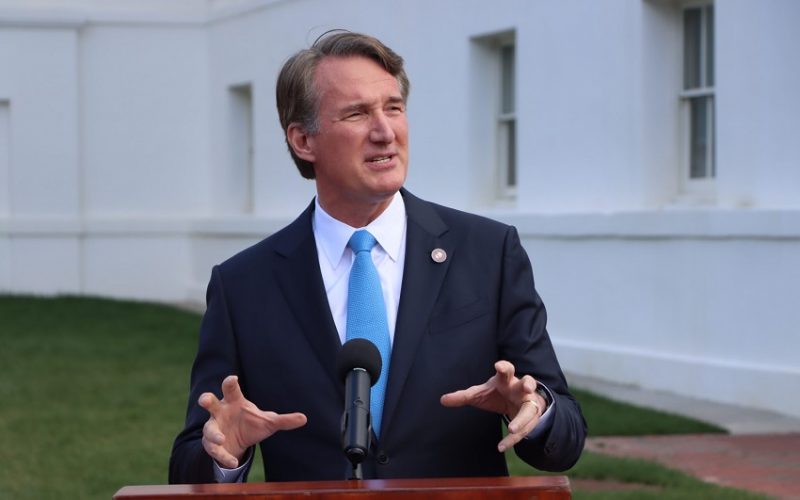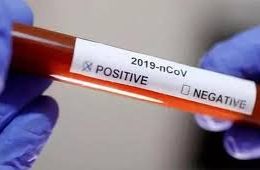Richmond, Va. — Governor Glenn Youngkin has taken decisive action on several high-profile bills passed by the Virginia General Assembly earlier this year, vetoing measures that have drawn significant partisan debate while signing others into law.
One of the most controversial vetoes came in response to the Right to Contraception Act, a bill that sought to protect Virginians’ access to a wide range of contraceptive methods. The legislation was framed by Democrats as a safeguard for women’s reproductive rights, but Youngkin, a Republican, vetoed it, citing concerns over the lack of adequate conscience clause protections for healthcare providers.
In his veto statement, Youngkin argued that the bill could open the door to legal challenges, particularly for parents, medical professionals, and local governments, if they took actions that could potentially restrict access to contraception. “The bill fails to account for the rights of healthcare providers and others who may have conscientious objections,” Youngkin explained.
The move drew sharp criticism from Democrats, with Senate Majority Leader Scott Surovell (D-Fairfax) accusing the governor of being “way out of the mainstream.” He emphasized that the bill reflected the overwhelming support from Virginians for accessible contraception, which he argued is critical for women to maintain control over their futures, careers, and reproductive health.
Additionally, Youngkin vetoed a bill that would have removed the tax-exempt status of certain Confederate organizations, including the United Daughters of the Confederacy. The legislation aimed to strip these groups of special tax exemptions based on their historical ties to the Confederacy. Youngkin rejected the bill, warning that narrowly targeting specific organizations for tax treatment could set a dangerous precedent.
“Virginia moved past many of these issues several years ago during the statues controversy,” Youngkin remarked, referring to the 2020 removal of Confederate monuments across the state. “Targeting organizations in this manner is not the right path forward.”
Democratic leaders, including Surovell, criticized the veto, suggesting it was politically motivated. Surovell argued that Youngkin’s position was out of touch with the current mood of Virginians, who, he claimed, have moved on from such divisive historical legacies.
However, not all of Youngkin’s actions were met with opposition. The governor also signed several bipartisan bills into law, showcasing his willingness to work across the aisle. Among these measures was legislation to limit the amount of time minors under 16 can spend on social media. The new law aims to address growing concerns about the impact of social media on youth mental health.
Another law signed by Youngkin holds fentanyl dealers accountable if their products result in an overdose death, a measure intended to combat the growing opioid crisis in the state.
The governor’s actions in recent days reflect the complex and often contentious political environment in Virginia, where issues like reproductive rights, racial history, and social media regulation continue to stir intense debate. Youngkin’s vetoes have highlighted his conservative stance, while his support for certain bipartisan bills signals his intent to govern in a way that can appeal to both Republicans and moderates.
As Virginia moves toward the 2025 elections, Governor Youngkin’s decisions on these high-profile issues will likely continue to shape the political landscape of the Commonwealth.











